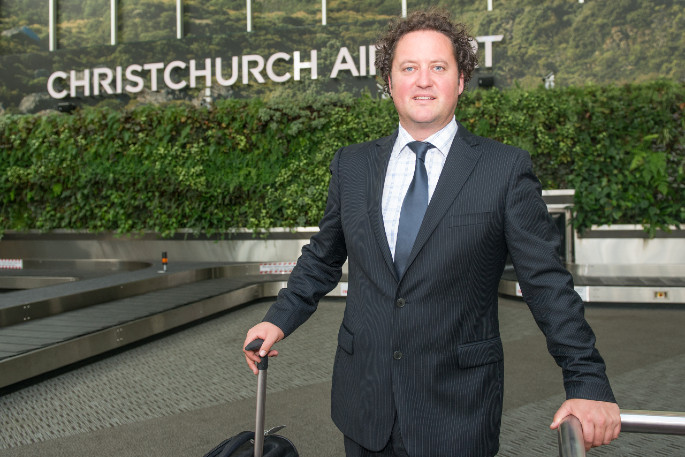This Content Is Only For Subscribers
Christchurch Airport announced a significant increase in its dividend for the fiscal year 2024. The media release, August 27, states it is driven by a strategic diversification plan and a substantial surge in international traffic. Christchurch’s total operating revenue reached $233.1 million, marking a 15% increase from the previous fiscal year’s $203.1 million. This growth has paved the way for a $37.6 million total declared annual dividend, up $10 million from FY23.
In the release, board chair Sarah Ottrey attributed this strong performance to Christchurch Airport’s long-term strategy. She says “This strong trading performance is a clear reflection of Christchurch Airport’s well-executed intergenerational strategy.”
Sarah says the airport’s success in creating a diversified business model that focuses not only on aviation but also on property development. “By concentrating on growing a diversified business of planes plus passengers plus property, we are delivering a growing and consistent revenue stream.”
The airport’s primary operating profit after tax surged by 37% to $41.8 million, highlighting the effectiveness of its strategic initiatives. Of the total $37.6 million dividend, $19 million was already distributed to shareholders in April, with a final dividend of $18.7 million scheduled for distribution following the Annual General Meeting in October.
Christchurch City Council, which holds a 75% stake in the airport, stands to benefit largely from this increase, with $28.2 million being funneled into its investment arm, Christchurch City Holdings Limited, for FY24.
Despite a reported net surplus after tax of $22.7 million, the result was impacted by the Government’s removal of tax depreciation on commercial buildings, leading to a one-off $30.1 million hit on the reported surplus. However, this did little to overshadow the airport’s overall financial success.
Christchurch Airport chief executive Justin Watson highlighted the airport’s growing importance as an international gateway, especially with the launch of new direct services. He says “The launch of United Airlines’ new direct service to San Francisco, the return of China Southern and Cathay Pacific, along with increased international capacity from Air New Zealand, Qantas, Singapore Airlines, and Fiji Airways, has cemented Christchurch Airport’s position as the most important gateway to the South Island.”
Passenger numbers reflected this trend, with a total of 6.25 million passengers for the year, up 10% from the previous year. International traffic saw a solid 33% increase, while domestic traffic rose by 5%. Justin attributed part of this growth to Christchurch’s renewed appeal as a destination.
“Our growth is in part due to the attractiveness of Christchurch as a destination. With new infrastructure such as Te Pae, Riverside, The Terrace, and cruise facilities, the city has once again risen to the top of highly attractive destinations for both business and recreation.” he says.
The airport campus continues to thrive as the largest employment hub in the South Island, hosting over 250 businesses and 7,000 employees, with a 96% lease occupancy rate across its investment property portfolio.
Christchurch Airport has also made strides in environmental sustainability, achieving Airport Carbon Accreditation Level 5, the highest level of decarbonisation. This accomplishment makes it the first airport in the Southern Hemisphere to reach this milestone. The airport’s efforts to reduce its carbon footprint are further supported by the upcoming Kowhai Park solar farm, a 230-hectare project in partnership with Contact Energy and Lightsource bp. Set to be operational by Q2 2026, this solar farm will generate enough green energy to power 36,000 homes annually.
The airport is also undergoing its largest terminal upgrade since 2013, which will include twelve new food and beverage outlets, improved layouts, seating areas, and a children’s play area, all aimed at enhancing the passenger experience.



